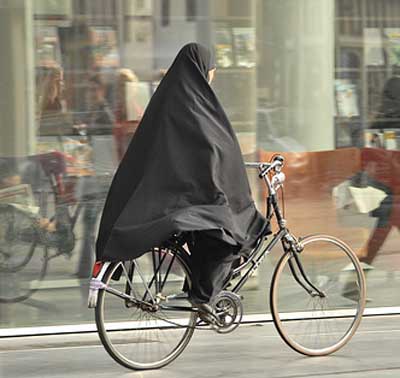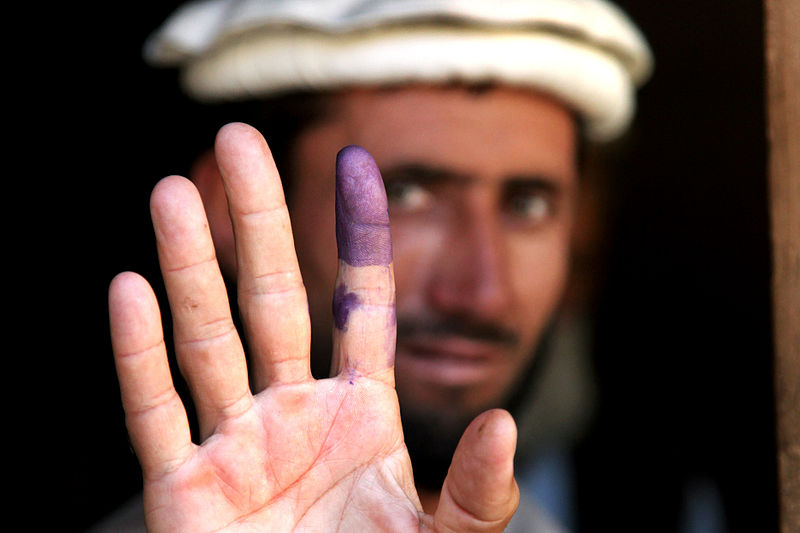In places where girls and women have unequal status, they become invisible. For centuries, the rights, and opportunities of millions of women have been ignored. More recently, the international community has become responsive to such inequality and with that recognition has come the public policy concept known as ‘gender mainstreaming.’
The relationship between gender and development is intimately linked. There is an ancient Chinese proverb that reads ‘women hold up half the sky’. The proverb sends a strong message suggesting that women have just as much to contribute to society as men do. Throughout much of the world, the greatest unexploited economic resource is the female half of the population. This recognition was formally featured in 1995 at the Fourth World Conference on Women in Beijing.
In short, gender mainstreaming is a strategy that suggests that development must be informed by gender analysis. This strategy is not simply about meeting practical needs but also emphasizes the goal of helping women become the agents of their own development and empowerment. It is about addressing strategic interests. Luz Maria Martinez, Research and Advocacy Programme Manager of Isis International-Manila, defines strategic interests as “those that assist women to rise from a position of subordination in society. These interests are long-term and are related to strategies of equity where women will have more opportunities, greater access to resources, and equal participation with men in decision-making.”

A recent article published in The Guardian seems to suggest that the strategy of gender mainstreaming or female empowerment is akin to building motorways to nowhere. Common criticisms of such a strategy include ineffective results, poor implementation and ignoring the local context. In fact, Jacqui True, Professor of Politics and International Relations at Monash University in Melbourne, Australia argues that in practice, attempts to mainstream gender within international institutions have led to the marginalization and increasing invisibility of gender in each policy area.
Gender mainstreaming can allow those in power who are not genuinely interested in the women’s movement to adopt the language of women’s rights, a reflection of power politics that becomes more of a tool used to legitimize the actions of governments. Gender mainstreaming then becomes more about advising governments than advancing gender equality. The policy therefore works to uphold existing norms that continue to leave women behind.
While flawed, gender mainstreaming has made visible global inequalities related to the status of women that were rarely considered just 20 years ago. As such, networks of people have recognized that gender is not an insignificant women’s issue but an important factor that can affect the success of a project and the effectiveness of the development process in improving lives. Because of this recognition, development agencies have been able to address the needs of women where the results have been promising.
The following illustrates the effectiveness of mainstreaming using examples related to agricultural development and food security.
While issues of hunger and agriculture are not new priorities on the global stage, what is new, however, is the Food and Agriculture Oganization’s (FAO)identification that hunger cannot be eliminated without closing the gap between men and women in agriculture. The key role played by women in agriculture was in the past largely unacknowledged in government statistics and decision-making. As the Commonwealth Secretariat states.
“…until quite recently, if women were considered in rural development programs at all, it was – at best – as adjuncts to their husbands. It was assumed that women’s position would improve as the economic prosperity of their husbands did”.
There was little, if any attempt at allowing women equal access to resources such as land, agricultural training, seeds, technology or credit.
Since 1995, there has been significant progress in this area. Gender mainstreaming has facilitated FAO and World Bank efforts to mobilize a new rural woman with increased capacities for attending to global food security. With the help of local NGOs there have been a number of successes. For example, in 2005, the work of the Coordination Council resulted in significant achievements at policy and legislative levels in Tajikistan on women’s right to own land. The change in the law made women eligible to receive a land use certificate, which resulted in an increase in the number of women that received officially registered land plots. One of the most measurable impacts was that more than 500 women were assisted to become heads of farms, reaching 13 percent in 2006. The FAO has also promoted gender-sensitive policy and planning in 30 countries. Botswana and Namibia have adopted national action plans for food security, which seek to eliminate inequalities in women’s access to productive resources.
Another example of effective gender mainstreaming can be found in Brazil. A gender mainstreaming strategy was implemented in three urban Brazilian cities where their semi-arid location makes them a priority for development intervention. This strategy helped transform food and nutrition structures in the project localities. In Juazeiro, for example, the priority to empower women to initiate community development activities found an echo in the work of other organizations and the activities generated transformation. Women who worked in the seed-processing cooperative provoked organizational change when they managed to establish new membership rules. In doing so, the women opened the possibility of gaining further control over work conditions, rather than allowing their husbands, fathers or sons to make the decisions. Women also took control of the fish-processing plant cooperative, which had been subsumed under the direction of the fishermen’s association.
These examples show that the possibility of occupying spaces with transformative ideas and actions is real, but it requires networking among several agencies and resources to allow for the intensive work of empowerment. Some may argue that these programs have been ineffective but I would argue that they have largely been ineffective in projects where the strategy has not been properly implemented. It is strategy that takes time to develop and which requires coordination with local leadership. In conclusion, women’s needs are being discussed where they never used to be a priority. Where these strategies have been implemented they have resulted in broadening women’s opportunities, encouraging gender awareness and allowed women greater access to resources. All of this has resulted in empowering women – the number one goal of gender mainstreaming.
For more information about the movement Half the Sky has inspired, visit http://www.halftheskymovement.org/




